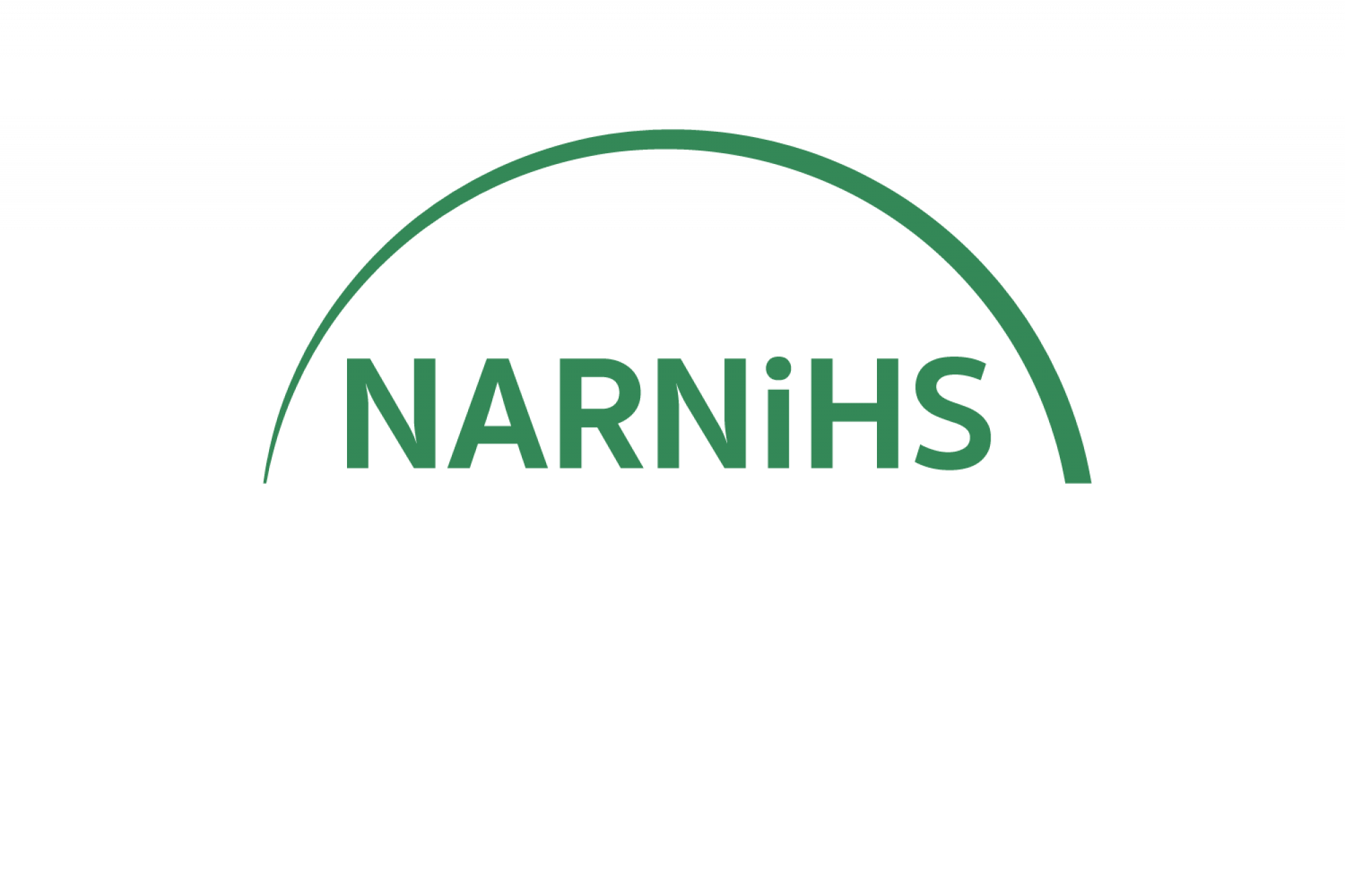Official Program for NARNiHS 2019
[ download NARNiHS 2019 program as PDF ]
[ download LSA 2019 Meeting Handbook as PDF ]
North American Research Network in Historical Sociolinguistics
Co-located with the LSA 2019 Annual Meeting – New York City
Friday, 4 January 2019
Afternoon
NARNiHS Steering Group Meeting
Room: Park 1
Time: 3:00 – 4:00 PM
NARNiHS General Meeting
Room: Park 1
Time: 4:00 – 5:00 PM
Saturday, 5 January 2019
Language on the Move
Room: Murray Hill
Chair: Mark Richard Lauersdorf (University of Kentucky)
8:45 Joseph Salmons (University of Wisconsin-Madison), Laura Moquin (University of Wisconsin-Madison):
Separated at birth? Scandinavian-American English and its representation over time
9:15 Carolina P. Amador-Moreno (University of Extremadura):
‘I wonder does he not know you are in America’: exploring the development of embedded inversion in Irish English
9:45 Marc Pierce (University of Texas at Austin), Hans C. Boas (University of Texas at Austin), Karen Roesch (Indiana University-Purdue University Indianapolis):
World War I, Texas German, and language shift ~ cancelled
NARNiHS Poster Session
Room: Metropolitan Ballroom West
Time: 10:15 – 11:45 AM
Assigned poster board numbers are found in parentheses before each poster’s author(s). Each poster board will have an identifying number.
(75) Andreea Sandu (George Mason University):
Universals in abrupt language contact: evidence for emergence of the unmarked in koinéization
(76) Jelena Vujic (University of Belgrade), Aleksandar Milanovic (University of Belgrade):
The earliest Anglo-Serbian language contacts (1750-1820): a historical sociolinguistic perspective
(77) Carrie Ann Morgan (University of Michigan):
Inflammatory infinitives and light dialects: enregistering Central Albanian
(78) Eliot Raynor (Indiana University Bloomington):
Pathways away from politeness: tracing the origins of generalized usted in Colombian Spanish
(79) Angus B. Grieve-Smith (The New School):
Lower class characters lead in changing negation on the nineteenth-century Parisian stage
(80) Michael D. Picone (University of Alabama):
Code-switching in 19th century Louisiana epistolary and literary sources
(81) Christopher Strelluf (University of Warwick):
Machine-automated vowel measurement, old sound recordings, and error-correction procedures
Pathways of Change
Room: Murray Hill
Chair: Kelly E. Wright (University of Michigan)
1:00 Christina Ilse Terpstra (University of Calgary):
Change from above: benne vs. sijn ‘are (pl)’ variation in Early Modern Dutch
1:30 Sylvie Dubois (Louisiana State University), Malcolm Richardson (Louisiana State University):
The success of French orthographic reform among the religious elite in 17th century New France: the case of the apostrophe
2:00 William Johnson (The Ohio State University):
Interpreting a written change: the usefulness of Scripta theory in historical sociolinguistics
2:30 Donald N. Tuten (Emory University):
Koineization and culture: the early modern generalization of Spanish vuestra merced/usted
Language and Officialdom
Room: Murray Hill
Chair: Donald N. Tuten (Emory University)
3:30 Jenelle Thomas (University of Oxford):
Interpretation and linguistic malpractice in the 18th century Louisiana courtroom
4:00 Milan Simić (Nazarbayev University):
Conflict between ‘national languages’ and unrecognized linguistic varieties in the Russian Altai ~ cancelled
Language in Contact
Room: Murray Hill
Chair: Donald N. Tuten (Emory University)
4:30 Uri Horesh (University of Essex):
Contact-induced lenition of Arabic ‘emphatic’ consonants: a sociohistorical perspective
5:00 Israel Sanz-Sánchez (West Chester University):
Communication contexts, sound change dating, and historical sociolinguistics: Colonial Spanish loanwords in indigenous American languages
Closing Remarks
Room: Murray Hill
Chair: Mark Richard Lauersdorf (University of Kentucky)
5:30 Mark Richard Lauersdorf (University of Kentucky):
The first annual meeting of the North American Research Network in Historical Sociolinguistics
